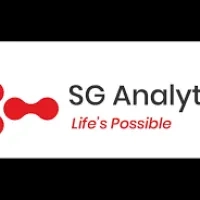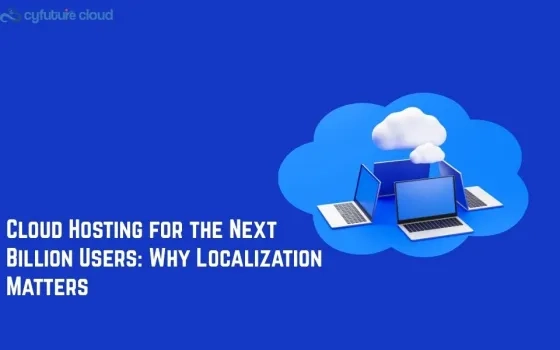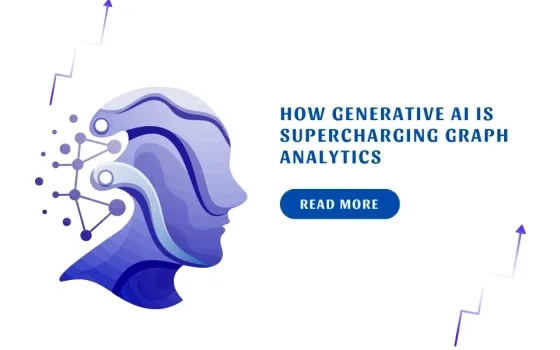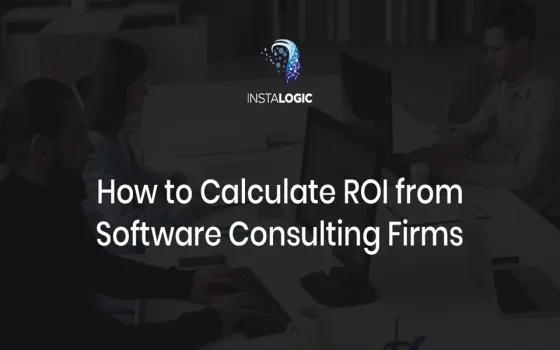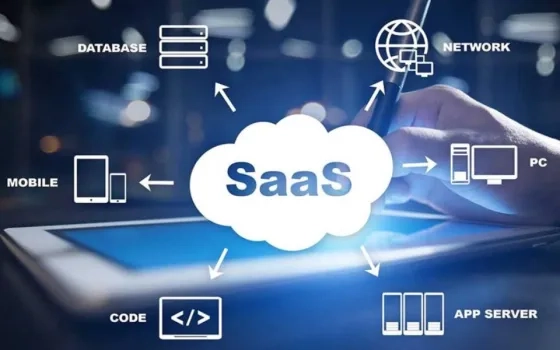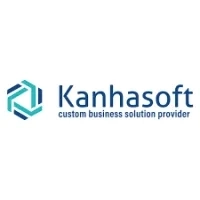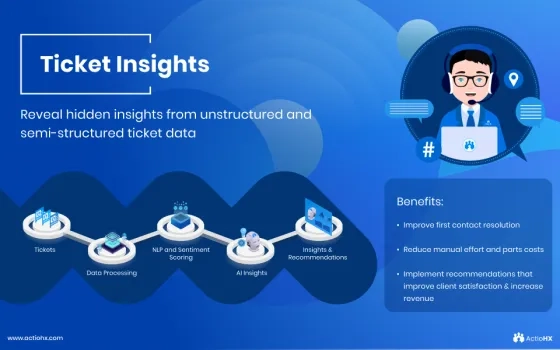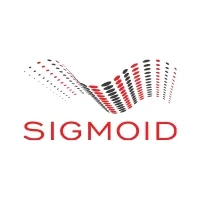Most organizations seek secure and legal methods to gather enormous volumes of information from disparate sources. They also expect adequate data categorization to prevent wasting computing resources on irrelevant datasets. This post will discuss the importance of robust data governance in integrating data lakes and enhancing analytics by fulfilling those requirements.
Enterprises have expanded their secondary data sourcing to all social media posts, the Internet of Things (IoT) devices, and non-banking transactional systems. Accordingly, realizing all of the potential of these mixed information assets, regardless of scale, demands that business organizations invest in optimized data lakes.
What is a Data Lake?
It is a centralized data repository offering unmatched scalability and native data sorting. Therefore, you can use a data lake to hold raw, unstructured, semi-structured, and structured data coming from distinct sources. Moreover, as the volume of data increases, stakeholders encounter many problems affecting how they maintain dataset quality, security, and usability.
As a result, brands want reliable data lake solutions with robust data governance. Rule-driven data quality assurance and access logs will empower their data professionals to unlock the actual value of data. Simultaneously, leaders can prepare their organizations for ever-changing compliance mandates and efficiency standards.
The Role of Data Lakes in Modern, Enhanced Analytics
A data lake provides a scalable and cost-efficient approach to storing large volumes of data. It differs from data warehouses because they typically store data in a structured format. On the other hand, data lakes provide ingestion and storage of data in its native format. This capability opens the possibility of aggregating more diverse, raw datasets in an organization.
Later, in-house analysts and independent data processing partners can perform advanced analytics via machine learning to interpret context or meaning in unstructured intelligence assets in the data lake. Cloud computing environments that support near-instant insight exploration can further deliver real-time decision-making assistance using those integrations.
Why Robust Data Governance Matters to Integrating Data Lakes
Data lakes developed by a competent data analytics company will always excel at providing vast storage and processing capabilities. However, over time, every data lake is prone to exhibiting data object duplication, outdated records, and cybersecurity vulnerabilities. Without sound governance, data lakes rapidly turn into data swamps. Remember, veteran analysts have reported that it is nearly impossible to find reliable and relevant information in a data swamp.
Data governance refers to the comprehensive policies, IT processes, and quality assurance technologies that ensure data accuracy. Similarly, a data governance officer (DGO) prioritizes securing datasets and encouraging stakeholders to interact with them as reputed frameworks recommend.
A robust data governance framework for data lakes is crucial for enhanced analytics applications. It primarily offers the following benefits.
1. Ensuring Data Quality
Due to their nature, data lakes tend to ingest raw data from various sources. This feature can be a drawback if nothing is done to rectify erroneous or non-factual data records. You must not neglect any inconsistencies and redundancies in the dataset. Thankfully, a governance framework enforces policies for validating, cleansing, and standardizing the data. That is why data usability improves while bias in insight reporting decreases.
2. Assuring Data Protection
Storing sensitive information in data lakes carries a specific obligation due to current data protection concerns. This practice suggests that brands require enhanced security measures and ethical analytics tools. Data governance defines access controls, encryption protocols, and compliance policies. So, it allows organizations in finance and healthcare to protect confidential datasets from unauthorized access and breaches.
3. Facilitating Privacy-Related Compliance
Organizations must comply with regulations that mandate specific data-handling practices. Therefore, governance ensures that data lakes meet these requirements. This aspect lets brands minimize the legal and reputational risks of non-compliance.
4. Promoting Data Discoverability
Lacking a clear organizational structure implies data lakes quickly become difficult to manage. In response, governance frameworks introduce metadata management and cataloging norms. These integrations will help authorized users easily find and understand the data they need for enhanced analytics workflows.
Integrating Data Lakes with Robust Governance for Enhanced Analytics – Top Strategies
The ease of collaboration and zero-tolerance accountability during cybersecurity incidents are the two contrasting principles that impact governance integrations across modern data lakes. Governance frameworks clearly assign roles and responsibilities. However, enforcing them does not mean micromanaging the workforce. Instead, you want to specify efficient and flexible procedures without risking misuse of enterprise IT resources.
Consequently, brands that foster collaboration among teams but also hold people accountable for data lake management use the following integration strategies.
Strategy #1: Select, Optimize, and Define a Governance Framework
A governance framework refers to how data is governed within a lake or similar IT environment. It must take into account the aspects like data quality across ingestion and cleaning. For instance, a robust governance framework must offer thorough guidance about what to prioritize when developing an extract-transform-load (ETL) pipeline.
In addition to rule-based access regulation, DGOs must highlight the need for version tracking and changelogs. Dosing so will directly ensure the enhanced metadata analytics yields correct output. Besides, rolling back database modifications that conflict with newer, evidence-backed insights becomes easier thanks to preserved versions.
Strategy #2: Implement Granular Metadata Management and Data Catalogs
Granular metadata management improves organizing and maintaining data lakes. You might wonder how metadata differs from data objects. It contains more information about where the data comes from, its structure, creation, permissions, and intended usage. Therefore, effective metadata reduces time spent optimizing user queries during data retrieval, simplifying the navigation within the data lake.
Implementing data catalogs further enhances discoverability by indexing and categorizing datasets. However, you want to design user-friendly interfaces. Alternatively, stakeholders can embrace hybrid cloud add-ons or data connectors.
Developing required application programming interfaces (APIs), if yet unavailable, might leverage artificial intelligence to handle metadata tasks with contextual hints. Thanks to innovations like natural language processing or NLP tools, users can replace the complex metadata query syntax with more organic, context-inspired commands.
Conclusion
Role-based access control, end-to-end encryption, virtual private networks, antimalware scanners, and AI programs with cybersecurity automation necessitate a coordinative policy. For instance, integrating data lakes with a robust data governance framework can help you make analytics more qualitative, reliable, and secure.
However, balancing the data protection requirements with the user-friendliness of all ETL components can overwhelm DGOs and team leaders. So, revisiting data strategies, clarifying immediate compliance objectives, and selecting the relevant industry standards concerning governance will help businesses.
Ultimately, data lake integrations must safely serve legitimate enterprise data processing purposes. Otherwise, confidential intelligence will end up in the hands of unauthorized parties.
Besides, effective governance calls for adequate data loss risk mitigation through periodic backups and prompt incident detection. If you want to address all the related challenges impacting tech integrations and modernization roadmaps, consider finding experienced domain experts for trustworthy guidance.




